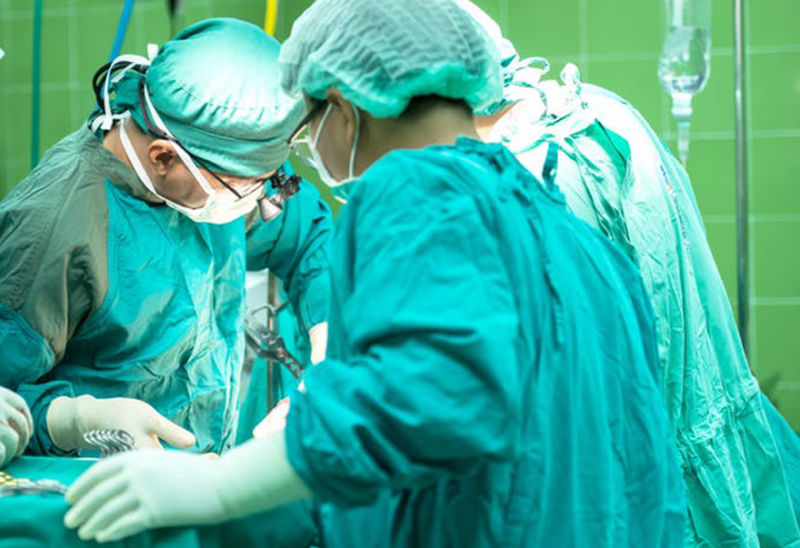London:Deaths from caesarean sections are higher in low and middle-income countries, suggesting a threat to the lives of women and babies there, finds a study published in The Lancet journal.
The study found that maternal deaths in low and middle-income countries are 100 times higher, particularly in sub-Saharan Africa and the Middle East, than in some high-income countries, and that a third of all babies in some regions do not survive caesarean section.
All the deaths following caesarean section could be attributed to postpartum haemorrhage (32 per cent), pre-eclampsia (19 per cent) and sepsis (22 per cent), and 14 per cent to anaesthesia related causes.
“Caesarean sections are the most commonly performed operation worldwide. They are meant to be life saving for both the mother and the baby, but because of many factors, such as poor access, late referrals, inappropriate procedures, poor resources and training, this is not always the case,” said lead author of the study Shakila Thangaratinam, a Professor at the Queen Mary University of London.
Every year, 300,000 women die during childbirth, 99 per cent of which are from low and middle-income countries. Timely access to caesarean section is required for safe childbirth, but the procedures are being performed “too little, too late”, or “too many, too soon”.
For the study, the researchers covered 12 million pregnancies from 67 low and middle-income countries.
A quarter of all the women from those countries who died while giving birth had undergone caesarean section (23.8 per cent).
Further, women undergoing emergency caesarean section in low and middle-income countries were twice more likely to die than those delivering by elective caesarean section (planned caesarean).
The researchers have called on policy makers and healthcare professionals to improve access to surgery, promote appropriate use of the procedure, provide safe surgical environments and increase neonatal resuscitation to help improve outcomes to babies.
[source_without_link]IANS[/source_without_link]

